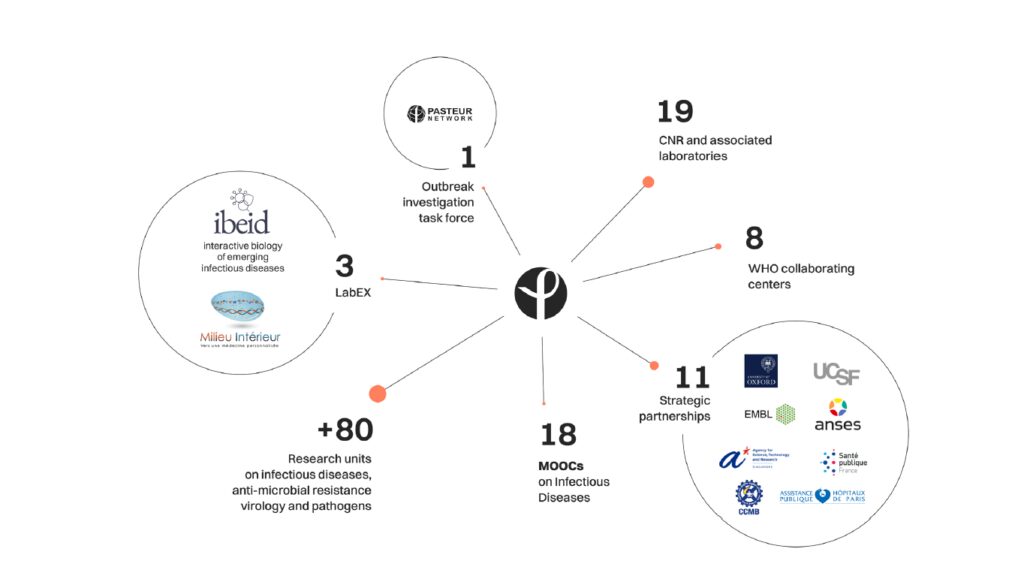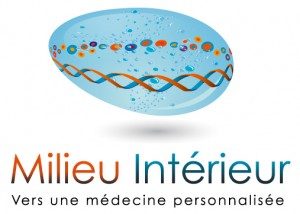
Infectious diseases remain one of the leading threats to global health, causing around 15 million deaths each year according to the World Health Organization (WHO) . Despite major advances in vaccines and antimicrobial therapies, diseases such as HIV/AIDS, tuberculosis, malaria, and acute respiratory infections continue to have devastating impacts, particularly among children.
Each year, pneumonia alone causes nearly 4 million deaths. Adding to this crisis, antimicrobial resistance (AMR) poses an urgent and growing threat. Antibiotic-resistant infections already cause 1.3 million deaths annually, and projections warn of up to 39 million deaths per year by 2050 if no decisive action is taken. Beyond the human toll, the economic impact could exceed 100 trillion USD by mid-century due to productivity losses, prolonged hospitalizations, and rising mortality.
For over 137 years, the Institut Pasteur has stood at the forefront of global health, driving discoveries that have transformed our understanding and control of infectious diseases. With 80 research units, 19 National Reference Centers, and the Pasteur Network spanning 33 institutes across 5 continents, Pasteur scientists combine fundamental, clinical, and epidemiological research to anticipate and respond to health crises worldwide.

Pasteur 2030 strategy
1. Understanding Microbial Life and ResistanceAnalyzing the physiology, ecology, and evolution of microbes — viruses, bacteria, fungi, and parasites — to uncover the molecular mechanisms that govern microbial growth, metabolism, and resistance. Research also explores quiescence, dormancy, and biofilm formation that enable microbes to evade treatment.
2. Decoding Host–Pathogen InteractionsIntegrating multidisciplinary approaches — from genomics and structural biology to immunology and modeling — to understand the complex interactions between pathogens, the immune system, and the microbiota.
3. Developing New Drugs and TherapiesIdentifying novel targets and therapeutic strategies, including phage therapy, immunotherapies, and focused chemical libraries to accelerate drug discovery and counter resistant infections.
Flagship projects
Innovating in Vaccinology and Immunotherapy
The Center for Vaccinology and Immunotherapy (CVI), launched in 2024, spearheads the development of next-generation vaccines and immunotherapies. In collaboration with hospitals, academia, and industry — and aligned with the France Vaccin 2030 initiative — the CVI strengthens pandemic preparedness by accelerating translational research during health emergencies.
Collaborative European Research
Through the European Molecular Biology Laboratory (EMBL) initiative “Amplifying Funds in Infection Biology,” the Institut Pasteur joins a European effort to address major infectious challenges. This program explores pathogen mechanisms, human genetics influencing infection susceptibility, and innovative AMR strategies, using advanced tools like deep learning, computational biology, imaging, and structural biology.
→ Discover more


















